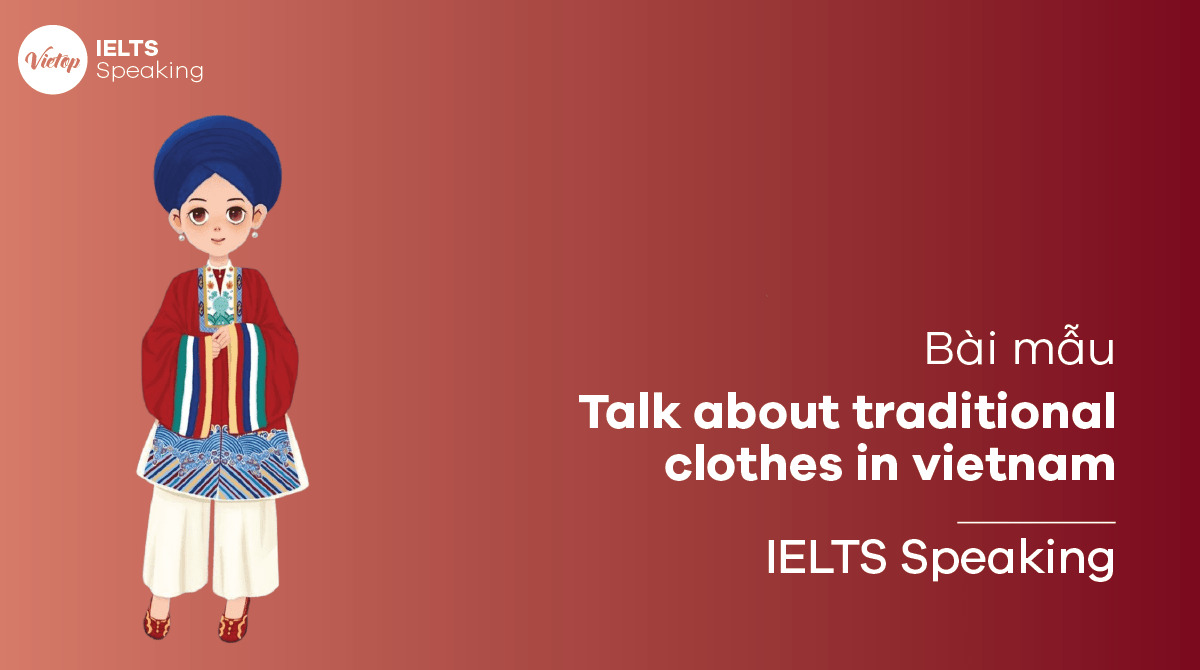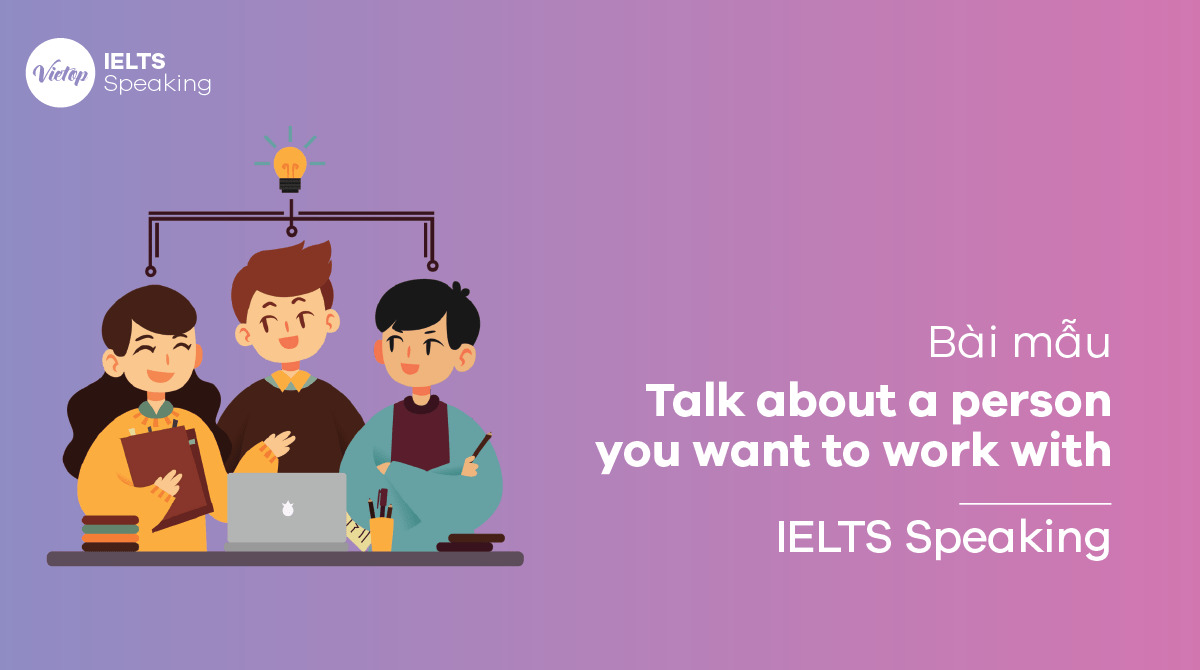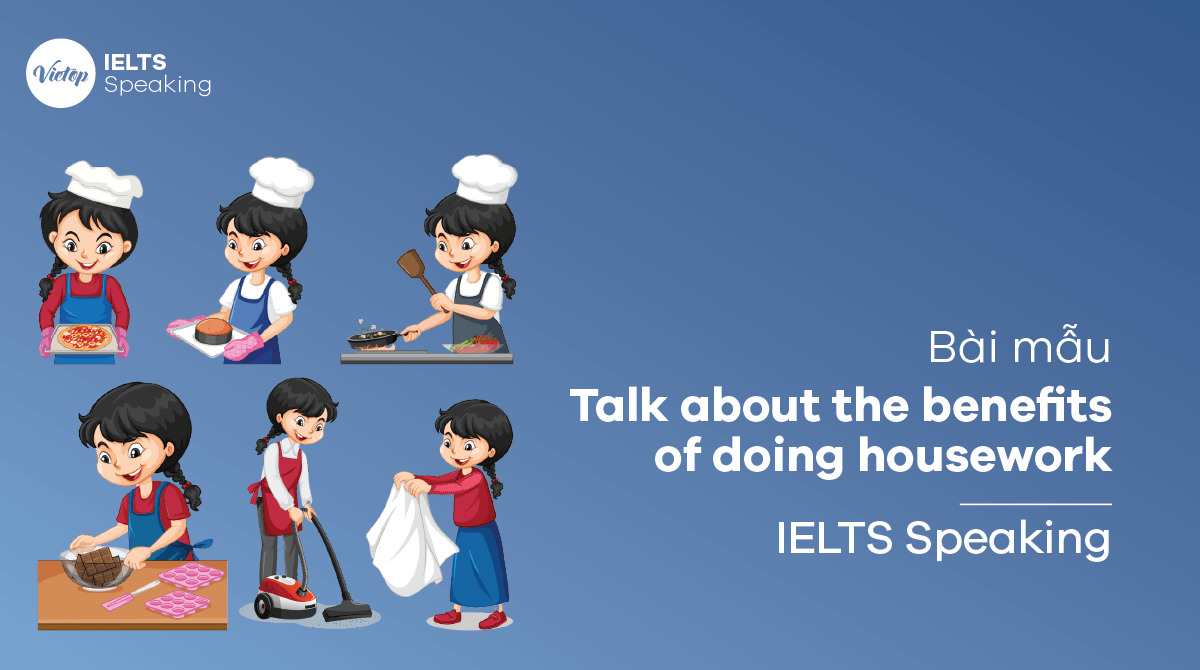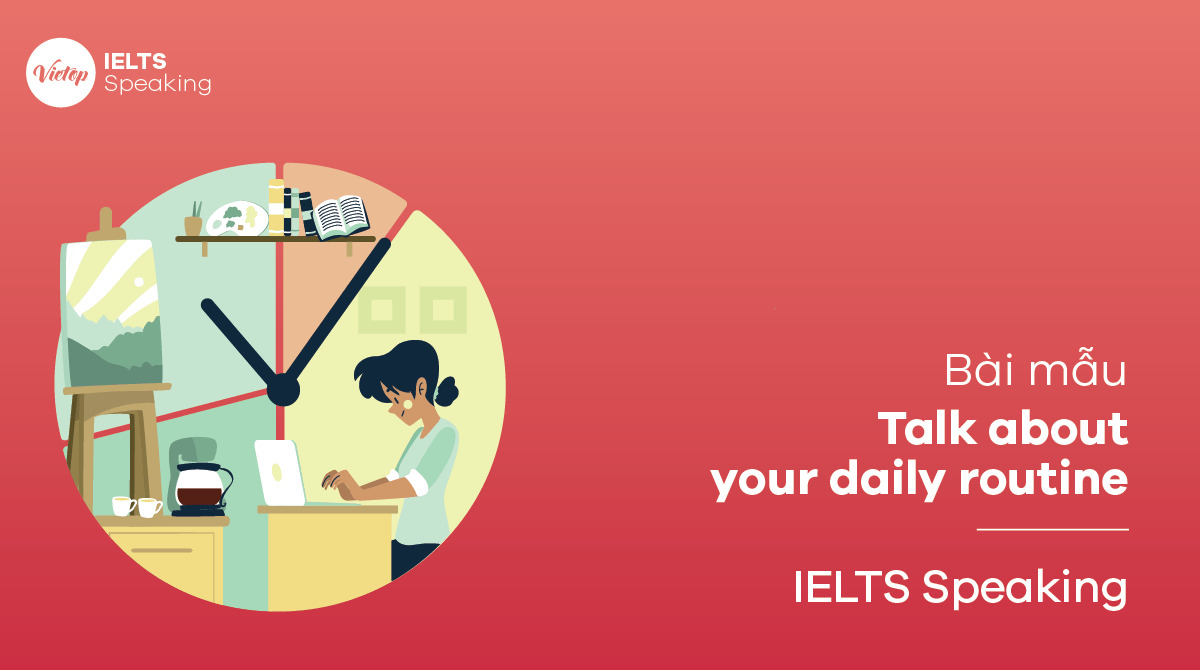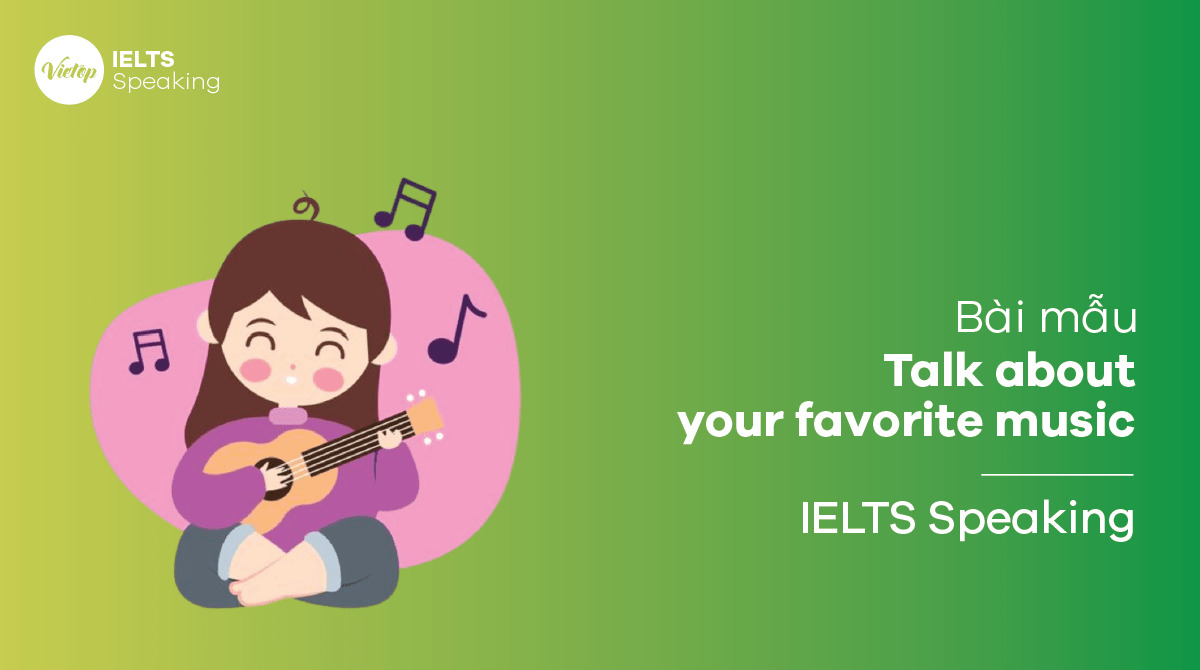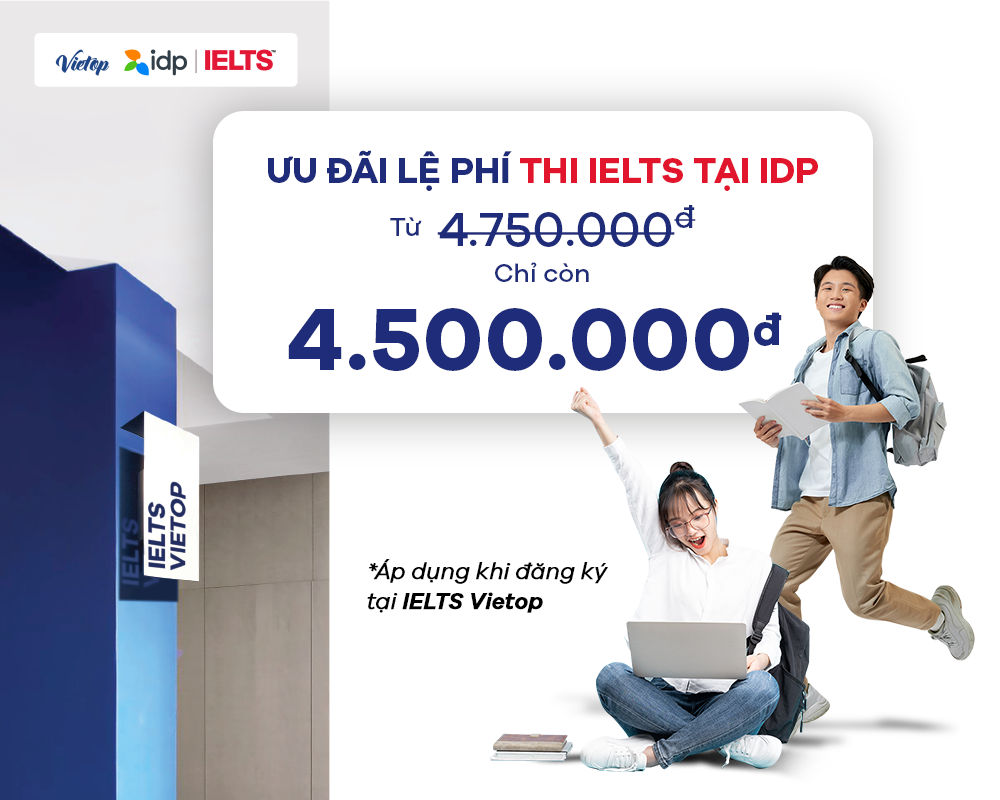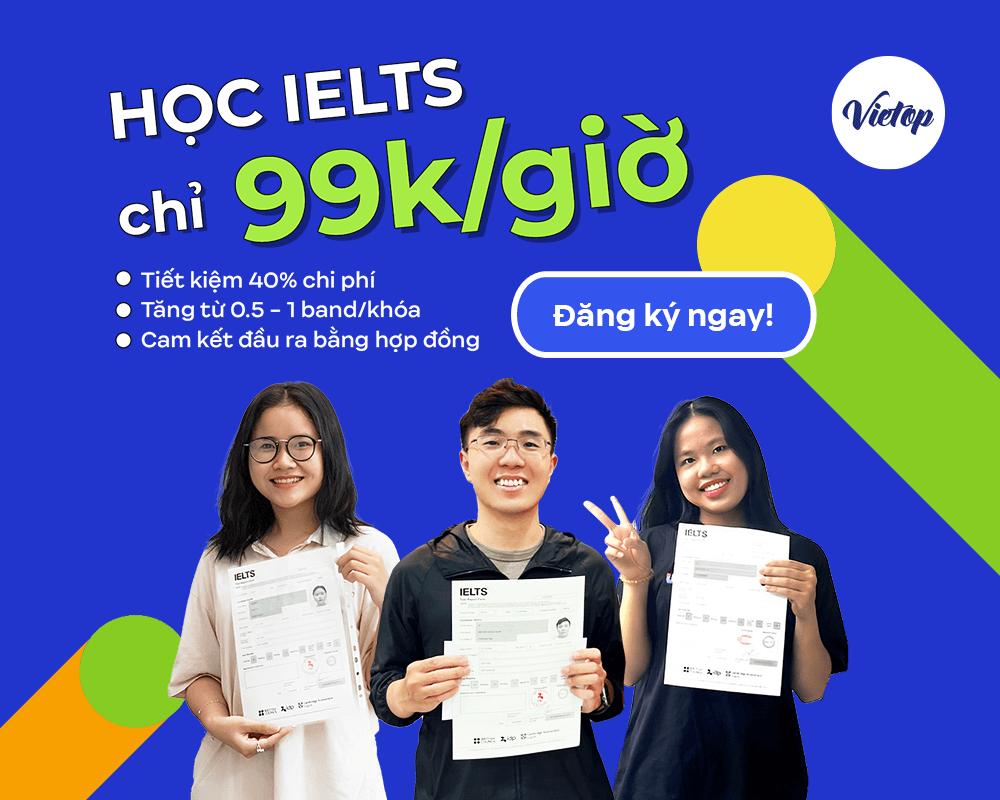Khi nói về IELTS Speaking Economy, các sĩ tử khi đi thi sẽ có phần lúng túng, vì vậy, đây là một chủ đề mà các sĩ tử cần phải ôn luyện kĩ từ vựng, trau dồi kiến thức xã hội thường xuyên để có ý tưởng và từ vựng thật chất cho phần trả lời của mình nhé.
1. Từ vựng IELTS Speaking Topic Economy

Dưới đây là một vài từ vựng phổ biến trong chủ đề này:
1.1. Danh từ topic Economy
- Economy: Nền kinh tế
- Trade: Thương mại
- Market: Thị trường
- Industry: Công nghiệp
- Business: Kinh doanh
- Investment: Đầu tư
- Finance: Tài chính
- Inflation: Lạm phát
- Deflation: Giảm giá
- Recession: Suy thoái kinh tế
- Recovery: Phục hồi kinh tế
- Growth: Tăng trưởng
- Development: Phát triển
- Capital: Vốn
- Profit: Lợi nhuận
- Loss: Lỗ
- Budget: Ngân sách
- Tax: Thuế
- Tariff: Thuế quan
- Subsidy: Trợ cấp
- Debt: Nợ
- Credit: Tín dụng
- Currency: Tiền tệ
- Exchange rate: Tỷ giá hối đoái
- Stock: Cổ phiếu
- Bond: Trái phiếu
- Investment bank: Ngân hàng đầu tư
- Hedge fund: Quỹ đầu cơ
- Commodity: Hàng hóa
- Export: Xuất khẩu
- Import: Nhập khẩu
- Balance of trade: Thương mại cân đối
- Gross Domestic Product (GDP): Sản phẩm quốc nội gross
- Unemployment: Thất nghiệp
- Labor force: Lực lượng lao động
- Productivity: Năng suất
- Outsourcing: Thuê ngoài
- Innovation: Đổi mới
- Entrepreneur: Doanh nhân
- Globalization: Toàn cầu hóa
Xem thêm:
Describe an advertisement you don’t like – Bài mẫu IELTS speaking part 2, 3
Bài mẫu Describe a couple you know who have a happy marriage
Topic Describe a famous person
1.2. Động từ topic Economy
- Produce: Sản xuất
- Manufacture: Chế tạo
- Export: Xuất khẩu
- Import: Nhập khẩu
- Invest: Đầu tư
- Finance: Tài trợ
- Lend: Cho vay
- Borrow: Vay mượn
- Budget: Lập ngân sách
- Tax: Thuế
- Subsidize: Hỗ trợ tài chính
- Stimulate: Kích thích
- Regulate: Điều chỉnh
- Deregulate: Giảm quy định
- Inflate: Làm tăng giá
- Deflate: Giảm giá
- Recession: Suy thoái
- Recover: Phục hồi
- Grow: Tăng trưởng
- Develop: Phát triển
- Invest in: Đầu tư vào
- Sell: Bán
- Buy: Mua
- Trade: Giao dịch
- Hedge: Đầu cơ, phòng ngự rủi ro
- Speculate: Đầu cơ
- Innovate: Đổi mới
- Outsource: Thuê ngoài
- Compete: Cạnh tranh
- Expand: Mở rộng
- Contract: Thu hẹp
- Default: Không trả nợ
- Invest wisely: Đầu tư thông minh
- Monitor: Theo dõi
- Adjust: Điều chỉnh
- Create jobs: Tạo việc làm
- Increase productivity: Tăng năng suất
- Take out a loan: Vay một khoản tiền
- Repay a debt: Trả nợ
- Globalize: Toàn cầu hóa
1.3. Tính từ topic Economy
- Economic: Kinh tế
- Financial: Tài chính
- Commercial: Thương mại
- Industrial: Công nghiệp
- Corporate: Doanh nghiệp
- Global: Toàn cầu
- Domestic: Nội địa
- International: Quốc tế
- National: Quốc gia
- Local: Địa phương
- Foreign: Nước ngoài
- Public: Công cộng
- Private: Tư nhân
- Sustainable: Bền vững
- Unstable: Không ổn định
- Stable: Ổn định
- Profitable: Sinh lợi
- Non-profit: Phi lợi nhuận
- Efficient: Hiệu quả
- Inefficient: Không hiệu quả
- Competitive: Cạnh tranh
- Non-competitive: Không cạnh tranh
- Innovative: Đổi mới
- Traditional: Truyền thống
- Dynamic: Năng động
- Static: Tĩnh lặng
- Flexible: Linh hoạt
- Inflexible: Không linh hoạt
- Diverse: Đa dạng
- Uniform: Đồng nhất
- Strong: Mạnh mẽ
- Weak: Yếu đuối
- Robust: Vững mạnh
- Fragile: Dễ vỡ, dễ bể
- Prosperous: Thịnh vượng
- Depressed: Tê liệt
- Wealthy: Giàu có
- Poor: Nghèo khó
- Developed: Phát triển
- Undeveloped: Chưa phát triển
1.4. Trạng từ topic Economy
- Economically: Kinh tế
- Financially: Tài chính
- Commercially: Thương mại
- Industrially: Công nghiệp
- Globally: Toàn cầu
- Domestically: Nội địa
- Internationally: Quốc tế
- Nationally: Quốc gia
- Locally: Địa phương
- Foreignly: Nước ngoài
- Publicly: Công cộng
- Privately: Tư nhân
- Sustainably: Bền vững
- Unstably: Không ổn định
- Profitably: Sinh lợi
- Inefficiently: Không hiệu quả
- Efficiently: Hiệu quả
- Competitively: Cạnh tranh
- Non-competitively: Không cạnh tranh
- Innovatively: Đổi mới
- Traditionally: Truyền thống
- Dynamically: Năng động
- Statically: Tĩnh lặng
- Flexibly: Linh hoạt
- Inflexibly: Không linh hoạt
- Diversely: Đa dạng
- Uniformly: Đồng nhất
- Strongly: Mạnh mẽ
- Weakly: Yếu đuối
- Robustly: Vững mạnh
- Fragilely: Dễ vỡ, dễ bể
- Prosperously: Thịnh vượng
- Depressedly: Tê liệt
- Wealthily: Giàu có
- Poorly: Nghèo khó
- Rapidly: Nhanh chóng
- Gradually: Dần dần
- Significantly: Đáng kể
1.5. Idioms, phrases topic Economy
- Cut corners: Cắt giảm chi phí
- Tighten one’s belt: Giảm chi tiêu
- Make ends meet: Kiếm đủ sống
- In the red: Nợ nần, thiếu tiền
- In the black: Có lời, có tiền
- On the brink of bankruptcy: Sắp phá sản
- Bail out: Cứu trợ tài chính
- Go bankrupt: Phá sản
- Downsize: Cắt giảm nhân sự
- Lay off: Sa thải
- Golden handshake: Lương hưu hậu hĩnh
- Bubble burst: Nổ vụ đầu tư
- Bear market: Thị trường suy thoái
- Bull market: Thị trường tăng giá
- Blue chip stocks: Cổ phiếu ổn định, giàu có
- Stock up: Tích trữ
- Market share: Thị phần
- Cash flow: Dòng tiền
- Price tag: Nhãn giá
- Return on investment (ROI): Lợi nhuận đầu tư
- Break even: Cân bằng chi phí và thu nhập
- Gross profit: Lợi nhuận gộp
- Net profit: Lợi nhuận ròng
- Cost-effective: Hiệu quả về chi phí
- Value for money: Giá trị tương xứng với giá tiền
- Steady income: Thu nhập ổn định
- High-risk, high-reward: Rủi ro cao, lợi nhuận cao
- Cut losses: Cắt giảm thiệt hại
- Hedge one’s bets: Đầu tư phòng hộ
- Money talks: Sự giàu có mang lại quyền lực và ảnh hưởng cho những người sở hữu nó
Xem thêm:
- Topic Accommodation – Bài mẫu IELTS Speaking part 1
- Từ vựng tiếng Anh chuyên ngành kinh tế
- Học IELTS Speaking Part 1
- Bài mẫu Describe a person you wanted to be similar to when you were young – IELTS Speaking Part 2
2. IELTS Speaking Economy part 1
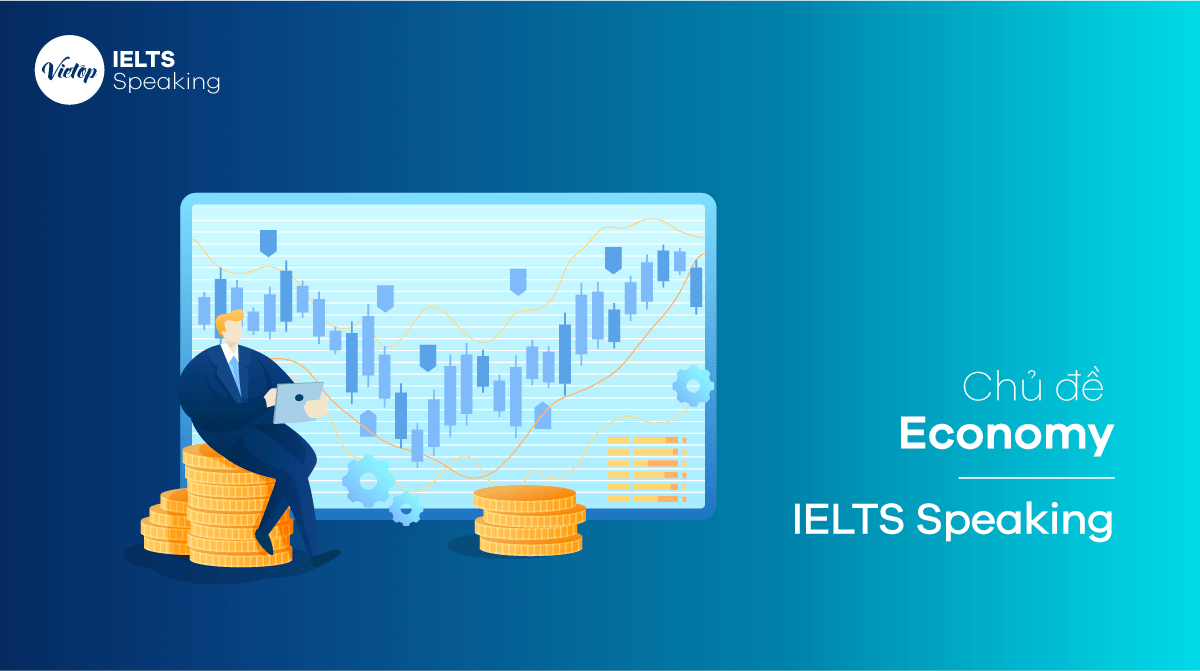
Mời mọi người nghe Audio Topic Economy Part 1 tại đây nhé!
2.1. What do you think will happen to the world economy this year?
To me, the world economy would likely continue recovering from the effects of the COVID-19 pandemic, although the pace of recovery may vary across regions. Factors such as global vaccination rates, government policies, and geopolitical tensions could affect the overall economic outlook. I’d say that it’s important to monitor economic indicators such as GDP, inflation, and unemployment to get a better understanding of the world economy’s direction.
- Recovering (v): phục hồi
- Pace (n): tốc độ
- Vary (v): khác nhau
- Regions (n): khu vực
- Global vaccination rates (n): tỷ lệ tiêm chủng toàn cầu
- Government policies (n): chính sách chính phủ
- Geopolitical tensions (n): căng thẳng địa chính trị
- Economic outlook (n): triển vọng kinh tế
- Monitor (v): theo dõi
- Economic indicators (n): chỉ số kinh tế
- GDP: tổng sản phẩm quốc nội (Gross domestic product)
- Inflation (n): lạm phát
- Unemployment (n): thất nghiệp
- Direction (n): hướng đi
2.2. How can young people learn to manage their financial affairs?
I think they can start with basic financial education, since it is essential for them to understand the value of money, budgeting, and saving. They can also seek advice from experts, such as financial planners, or by attending financial management classes. By learning these fundamental skills, young people can build a solid foundation for their future.
- Financial education (n): giáo dục tài chính
- Essential (adj): cần thiết
- Budgeting (n): lập ngân sách
- Saving (n): tiết kiệm
- Seek advice (v): tìm kiếm lời khuyên
- Expert (n): chuyên gia tài chính
- Financial planners (n): nhà quản lý tài chính
- Financial management classes (n): lớp học quản lý tài chính
- Fundamental (adj): cơ bản
- Solid foundation (n): nền tảng vững chắc
2.3. What is the most important aspect of your national economy?
My country’s economy’s key aspect is its agricultural sector, which plays a vital role in the economy of Vietnam, contributing significantly to the country’s GDP and providing employment opportunities for millions of people. For your information, Vietnam is one of the world’s largest exporters of rice, coffee, and seafood, which are all crucial for the national economy.
- Key (adj): chủ yếu
- Agricultural sector (n): ngành nông nghiệp
- Vital (adj): quan trọng
- Contribute (v): đóng góp
- GDP: tổng sản phẩm quốc nội (Gross domestic product)
- Employment opportunities (n): cơ hội việc làm
- World’s largest exporters (n): nhà xuất khẩu lớn nhất thế giới
- Crucial (adj): quan trọng
- National economy (n): nền kinh tế quốc gia
2.4. What do people in your country save money for?
In Vietnam, people save money for various reasons. Some save for emergencies, such as unexpected medical expenses or job loss. Others save for future expenses, such as education, travel, or retirement. There are also people save to make large purchases, like a car or a house. Saving money is also a way to build wealth and financial security. I would say that saving is an important financial habit that helps people achieve their goals and prepare for the future.
- Save (v): tiết kiệm
- Emergencies (n): tình huống khẩn cấp
- Unexpected (adj): bất ngờ
- Medical expenses (n): chi phí y tế
- Job loss (n): mất việc làm
- Future expenses (n): chi phí trong tương lai
- Retirement (n): về hưu
- Large purchases (n): mua sắm lớn
- Wealth (n): sự giàu có
- Financial security (n): an toàn tài chính
- Financial habit (n): thói quen tài chính
- Goals (n): mục tiêu
2.5. Is economics important to your country?
Of course, economics is crucial to any country’s development and growth. A strong economy can improve living standards, reduce poverty, and increase access to education and healthcare. Moreover, economics plays a vital role in international trade and diplomacy. By understanding economic principles, a country can make informed decisions about policies, regulations, and investments that can have a great impact on its citizens’ well-being and its place in the global community.
- Economics (n): kinh tế học
- Crucial (adj): quan trọng
- Living standards (n): mức sống
- Poverty (n): nghèo đói
- Vital (adj): quan trọng
- International trade (n): thương mại quốc tế
- Diplomacy (n): ngoại giao
- Principles (n): nguyên tắc
- Informed (adj): có kiến thức
- Decisions (n): quyết định
- Policies (n): chính sách
- Regulations (n): quy định
- Investments (n): đầu tư
- Well-being (n): phúc lợi
Xem thêm:
Describe a restaurant that you enjoyed going to – Bài mẫu IELTS Speaking part 2, 3
Bài mẫu Describe a special dish in your country – IELTS Speaking Part 2
Describe a successful business you know – IELTS Speaking part 2, 3
3. IELTS Speaking Topic Economy Part 2
3.1. Describe an economic risk
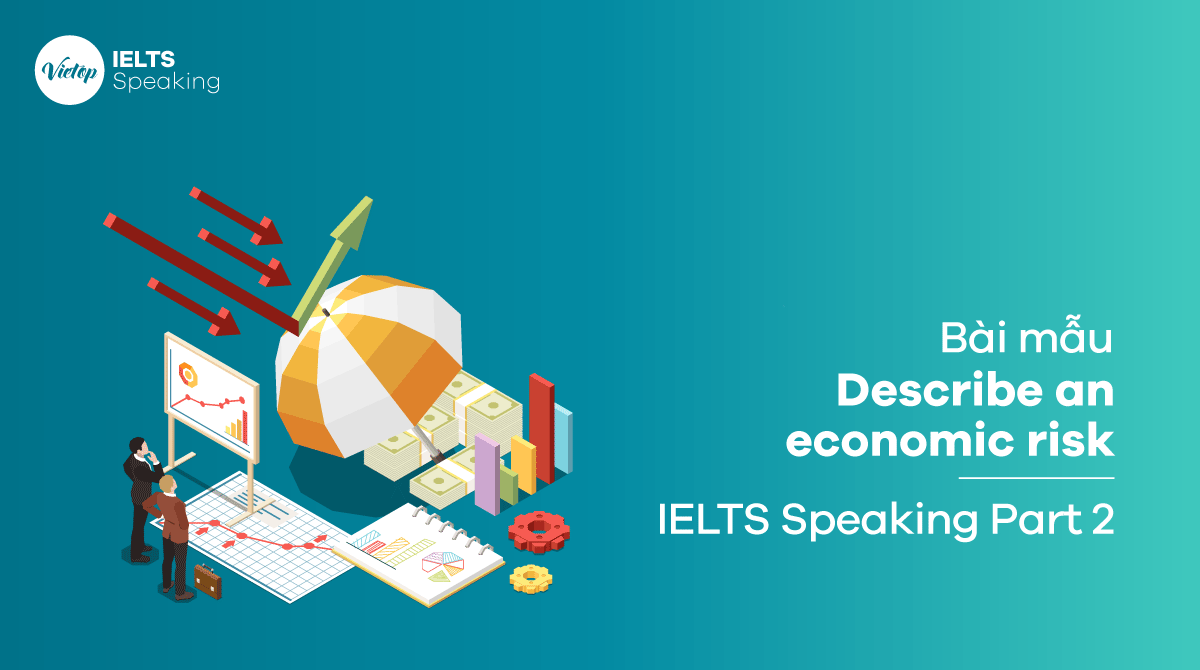
Mời mọi người nghe Audio Topic Economy Part 2 – Describe an economic risk tại đây nhé!
Describe an economic risk. You should say:
- What it was like
- Where it took place
- When it took place
- and explain your opinion of it
One economic risk that comes to my mind is the subprime mortgage crisis of 2008. This crisis occurred primarily in the United States and was characterized by the granting of home loans to borrowers with poor credit histories. It reached the peak in 2008, causing a global recession that lasted for several years.
The subprime mortgage crisis was a significant economic risk because it threatened the stability of the financial system. Banks and other financial institutions had invested heavily in these risky loans, and when borrowers began to default on their payments, the value of these investments plummeted. This led to the collapse of several major financial institutions and sparked a panic in the stock market.
In my opinion, this crisis was a cautionary tale about the dangers of unchecked greed and the importance of responsible lending practices. It highlighted the need for stricter regulations in the financial industry and demonstrated the devastating consequences of failing to heed warning signs. However, it also served as a catalyst for positive change in the financial industry.
- Subprime (adj): tín dụng kém chất lượng
- Mortgage (n): thế chấp, khoản vay thế chấp
- Crisis (n): khủng hoảng
- Granting (v): cấp, cho phép
- Recession (n): suy thoái kinh tế
- Stability (n): sự ổn định
- Financial system (n): hệ thống tài chính
- Risky (adj): mạo hiểm, nguy hiểm
- Default (v): không trả được nợ
- Investment (n): đầu tư
- Collapse (v): sụp đổ
- Panic (n): hoảng loạn
- Stock market (n): thị trường chứng khoán
- Cautionary (adj): cảnh báo, cảnh giác
- Unchecked (adj): không kiểm soát, không giám sát
- Greed (n): lòng tham, tham lam
- Lending practices (n): thực hành cho vay
- Highlighted (v): nhấn mạnh, làm nổi bật
- Stricter (adj): nghiêm ngặt hơn
- Regulations (n): quy định, quy tắc
- Devastating (adj): tàn phá, làm hỏng
- Consequences (n): hậu quả, kết quả
- Heed (v): chú ý, lưu ý
- Warning signs (n): dấu hiệu cảnh báo
- Catalyst (n): xúc tác, chất xúc tác
- Positive (adj): tích cực, lạc quan
3.2. Describe a method to save money
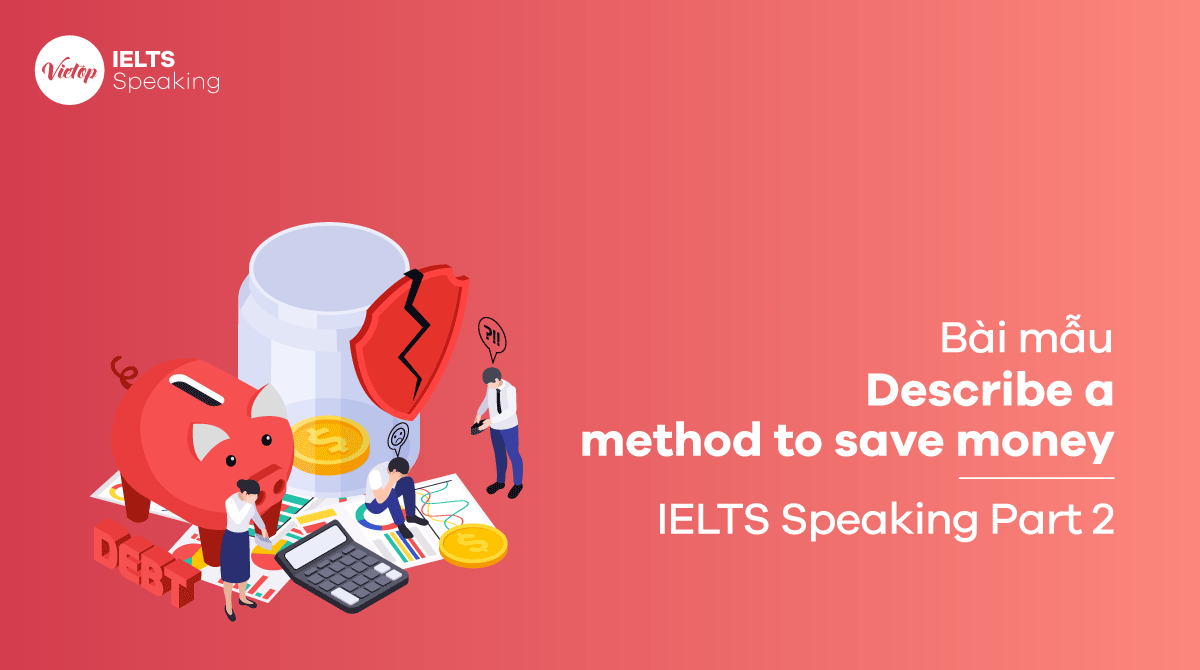
Mời mọi người nghe Audio Topic Economy Part 2 – Describe a method to save money tại đây nhé!
Describe a method that helps you to save money. You should say:
- What it is
- How long have you been following it
- Whether it is a common method to save money
Currently, I’m budgeting to help me save some bucks. This is the process of creating a plan for how to allocate your income towards different expenses and savings goals. It involves tracking your spending, identifying areas where you can cut back, and setting aside money for future expenses or emergencies.
I have been following a budgeting plan for several years now, and I have found it to be a very effective way to save money. By sticking to a budget, I am able to avoid overspending and make sure that I am putting money towards my savings goals each month.
Budgeting is a common method for saving money, and there are many resources available to help people get started. There are apps, spreadsheets, and other tools that can make it easy to track your spending and create a budget that works for you.
In a word, I would recommend budgeting as a simple yet effective way to save money and achieve your financial goals.
- Budgeting (v): lập ngân sách
- Allocate (v): phân bổ, chỉ định
- Income (v): thu nhập
- Expenses (v): chi phí
- Savings (v): tiết kiệm
- Tracking (v): theo dõi, giám sát
- Cut back (phrasal verb): cắt giảm, tiết kiệm
- Setting aside (verb phrase): đặt riêng, để riêng
- Emergencies (v): tình huống khẩn cấp
- Effective (adj): hiệu quả, có hiệu lực
- Overspending (v): tiêu quá đà, tiêu nhiều hơn cần thiết
- Resources (v): tài nguyên, nguồn lực
- Spreadsheets (v): bảng tính
Xem thêm:
Bài mẫu Describe a tourist attraction that you have visited – IELTS Speaking Part 2
Bài mẫu topic Describe a person – IELTS Speaking part 2
Describe a foreign person who you have heard or known that you think is interesting
4. Topic Economy – IELTS Speaking Part 3
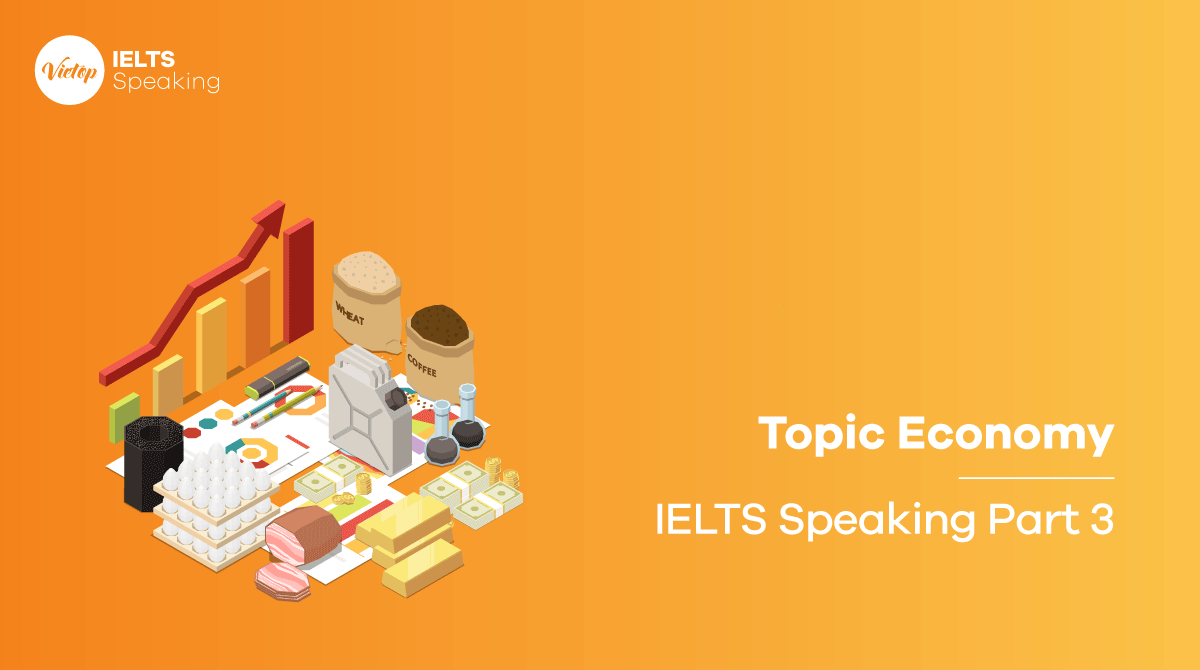
Mời mọi người nghe Audio Topic Economy Part 2 tại đây nhé!
4.1. Which do you think is better for the economy of a country or area, people saving money or people spending money?
It’s an intriguing question. I guess for any strong economy, it should be a balance between saving and earning money. If we only keep money, the economy won’t develop because there is no cash flow between traders and businesses. What I mean here is that when citizens buy things, they will contribute a small amount of money to the government so it could boost economic growth.
- Strong economy: nền kinh tế vững mạnh
- Economic growth: sự phát triển kinh tế
4.2. What is the relationship between leisure and the economy?
Well, people spend a lot of money on all sorts of leisure activities nowadays, so I assume that leisure plays an essential part of the economy of any country. First of all, leisure could be anything that people do in their free time, such as eating out, going to the cinema, or staying in a hotel. Since millions of people are using these services, they could positively contribute to the economy by purchasing goods which enhance the sales of businesses. Moreover, a lot of people who are employed and earn money in these industries are also tax payers which all goes back into the economy.
Tax payer (n): người đóng thuế
4.3. Which do you think is better for the economy of a country or area, people saving money or people spending money?
It’s a hard question. Saving and spending are, I suppose, intertwined in every economy. People provide money to the stores when they make purchases so they may pay employees’ salaries. As a result, the government will earn tax revenue. Only banks benefit when consumers save money because they can invest or launch new enterprises. When spending and saving are in balance, an economy is expected to take off. I believe this is a must for all economies around the world.
- Intertwine (v): đi đôi, song hành
- Make purchases (v): mua
- Enterprise (n): doanh nghiệp
- Take off: phát triển rực rỡ
4.1. Does living in a consumer society improve people’s quality of life?
I would agree that living in a consumer society can enhance the quality of life to some extent. Access to a wide range of goods and services contribute to the rise of convenience and comfort level of a person. However, it can also lead to negative effects on individuals and the environment. People may fall into debt, experience stress, and face the consequences of overconsumption.
- Enhance (v): nâng cao
- Quality of life (n): chất lượng cuộc sống
- Access (noun, verb): tiếp cận
- Wide range (n): phạm vi rộng
- Goods and services (n): hàng hóa và dịch vụ
- Contribute (v): đóng góp
- Rise (n): sự tăng lên
- Convenience (n): tiện lợi
- Fall into debt (v): sa vào nợ nần
- Experience (v): trải qua
- Consequences (n): hậu quả
- Overconsumption (n): sự tiêu thụ quá mức
4.4. Does consumerism have any impact on the environment?
My answer is yes, consumerism has affected the environment in such a negative way. The constant demand for goods and services leads to the depletion of natural resources, pollution, and waste. The production and transportation of goods also contribute to greenhouse gas emissions and climate change. Moreover, the disposal of waste products, including plastics, can harm wildlife and ecosystems. So I think it is essential to adopt sustainable practices and reduce our reliance on consumerism to protect the environment.
- Demand (noun, verb): nhu cầu
- Depletion (n): cạn kiệt
- Natural resources (n): tài nguyên thiên nhiên
- Pollution (n): ô nhiễm
- Waste (n): chất thải
- Greenhouse gas emissions (n): khí thải nhà kính
- Climate change (n): biến đổi khí hậu
- Disposal (n): sự xử lý
- Ecosystems (n): hệ sinh thái
- Essential (adj): cần thiết
- Adopt (v): áp dụng
- Sustainable (adj): bền vững
- Reduce (v): giảm thiểu
- Reliance (n): sự tin tưởng
4.5. What are the benefits and drawbacks of consumerism for a country’s economy?
To my mind, on the one hand, consumerism can stimulate economic growth by creating demand for goods and services, which in turn creates jobs and generates revenue, but this can also lead to overconsumption and debt, which can have negative effects on the economy. Additionally, the focus on consumerism can divert resources away from other important sectors, such as education and healthcare.
- Consumerism (n): chủ nghĩa tiêu dùng
- Stimulate (v): kích thích
- Economic growth (n): tăng trưởng kinh tế
- Generate (v): tạo ra
- Revenue (n): doanh thu
- Divert (v): chuyển hướng
- Resources (n): nguồn lực
- Important sectors (n): lĩnh vực quan trọng
- Healthcare (n): chăm sóc sức khỏe
Xem thêm:
- Bài mẫu Topic Describe A Picture – IELTS Speaking Part 2
- Bài mẫu topic Describe an important historical event – IELTS Speaking part 2
- IELTS Speaking Part 3
Hy vọng với những chia sẻ về IELTS Speaking Economy trên sẽ giúp ích được cho bạn trong quá trình luyện thi IELTS nhé. Ngoài ra bạn có thể tham khảo thêm nhiều tài liệu Speaking hay tại Tự học IELTS Speaking do đội ngũ giảng viên Vietop biên soạn và chia sẻ nhé!
Và nếu bạn đang tìm kiếm khóa học chất lương, nhanh chóng thì đừng bỏ qua Khóa học IELTS 1 kèm 1 tại Vietop nhé.

